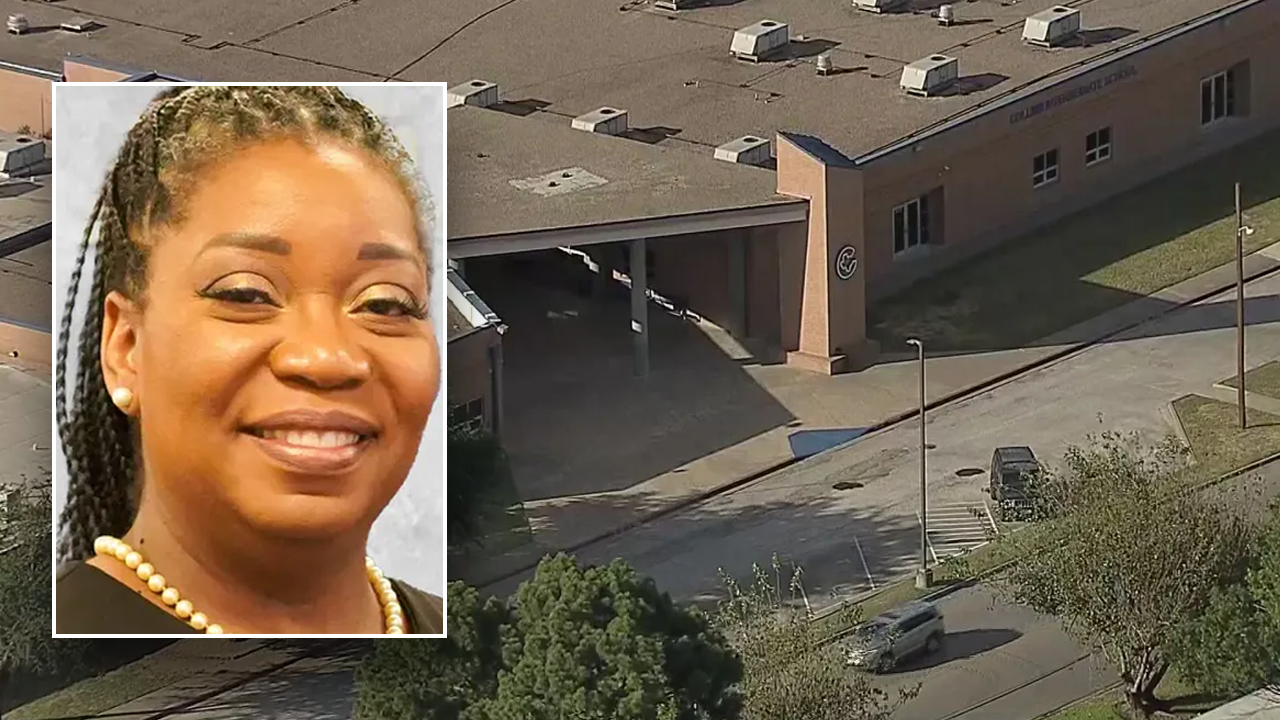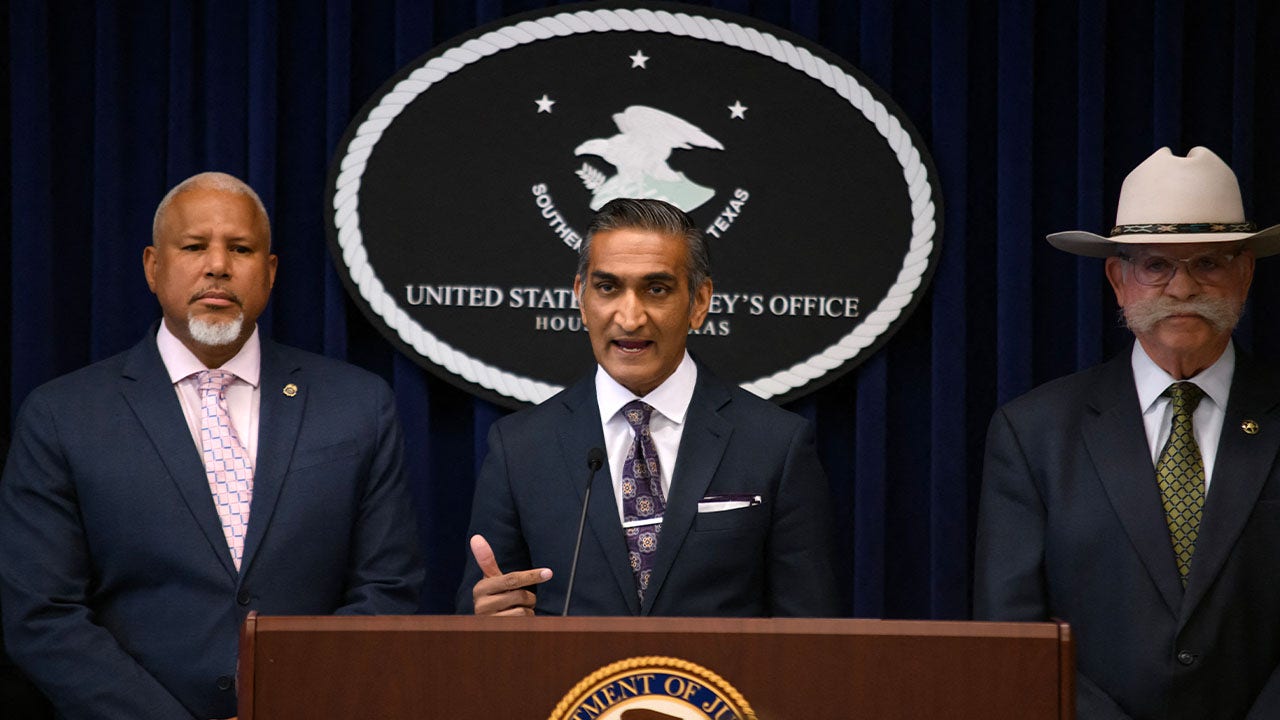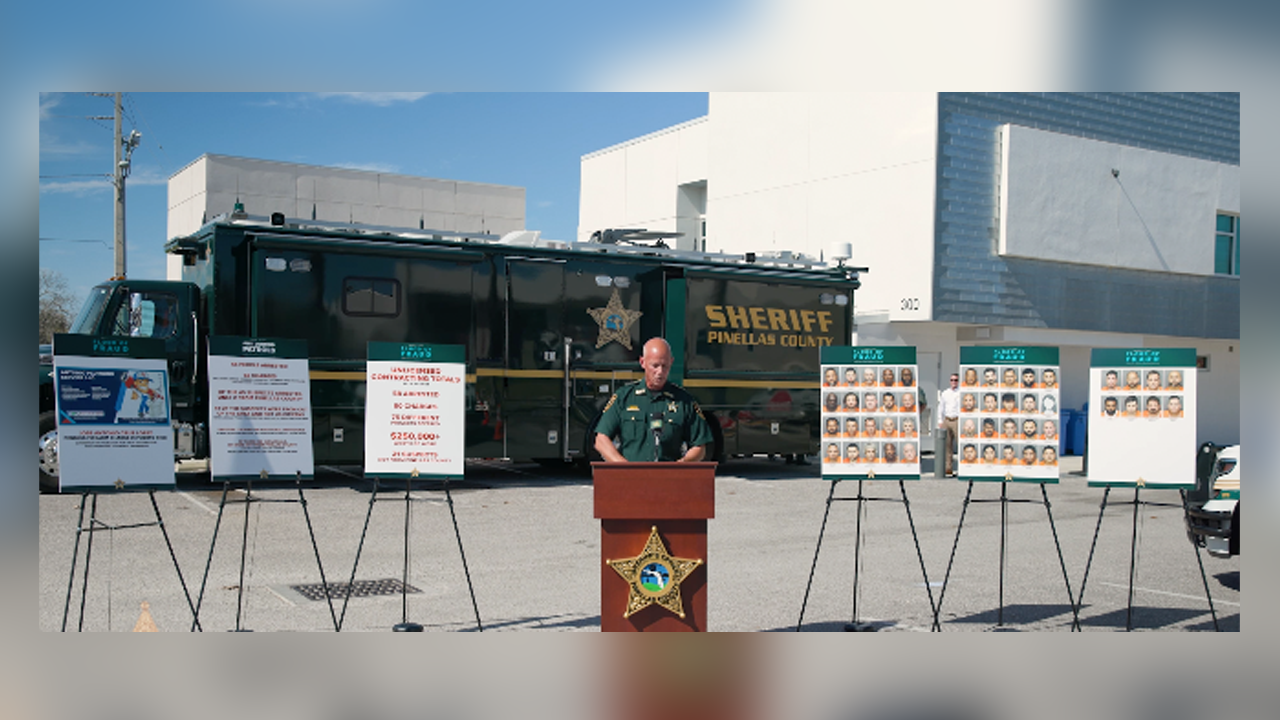Secretary of State Antony J. Blinken sought to reassure Ukrainians on Tuesday that they could weather an ominous new Russian military offensive and count on long-term support from the United States and its European allies.
“You are not alone,” Mr. Blinken declared in remarks in the capital city, Kyiv, where he arrived by train on Tuesday morning for an unannounced visit at what he called “a critical moment” for Ukraine’s future as Russia makes fresh military gains around the northeastern city of Kharkiv.
It is Mr. Blinken’s fourth trip to Kyiv since Russia launched a full-scale invasion of Ukraine in February 2022, and the first by a senior U.S. official since President Biden signed a $60.8 billion aid package approved by Congress three weeks ago after months of infighting among House Republicans.
Mr. Blinken’s trip was planned before the Russian offensive, which has only underscored the importance of the American support that he came to highlight.
Hours after meeting with President Volodymyr Zelensky at his presidential offices and hearing his pleas for still more military assistance, Mr. Blinken conceded that the delay in U.S. aid had “left you more vulnerable to Russia’s attacks.”
But he argued that American support for the country remained durable. Congress ultimately approved the aid package first proposed by Mr. Biden last fall with overwhelming bipartisan support, he noted, implicitly downplaying the significance of the minority of House Republicans who managed to tie up the package for months.
“The American people’s support for Ukraine has been consistent over the course of the war,” he said. “It has never wavered.” That statement is supported by many polls that have shown enduring support for sending aid to the country.
Mr. Blinken was unable to guarantee continued financial support for Ukraine of the kind he and Mr. Biden have overseen, given the unpredictable nature of the U.S. political system — and, in particular, the skepticism about arming Ukraine often expressed by Mr. Biden’s Republican challenger, Donald J. Trump.
But he cited ways in which, he said, the country had enjoyed a “strategic success” since the war began more than two years ago, even though Russia occupies about one-fifth of Ukraine’s eastern territory.
Despite efforts by President Vladimir V. Putin of Russia to “lay waste” to Ukraine’s economy, he said, the country’s gross domestic product grew by 5 percent last year, and its steel factories have doubled their output over the past six months.
Mr. Blinken also reaffirmed the goal of Ukraine’s eventual membership in NATO. He said that “tangible steps” would be outlined at a NATO summit in Washington in July to help build its military and bring it closer to the alliance, including security agreements between Ukraine and each member country that extend for a decade and are not subject to political winds.
“These agreements send a clear message that Ukraine can count on its partners for sustainable, long-term support,” Mr. Blinken said. Such agreements involve intelligence sharing and military planning and cooperation, not direct financial aid.
“As the war goes on, Russia is going back in time,” Mr. Blinken said. “Ukraine is moving forward.”
But Mr. Blinken also cautioned that if Ukraine wanted to integrate with the West, including by joining the European Union, it must adopt legal and political reforms and commit to “rooting out the scourge of corruption — once and for all.”
“Winning on the battlefield will prevent Ukraine from becoming part of Russia,” he said. “Winning the war against corruption will keep Ukraine from becoming like Russia.”
Mr. Blinken, who arrived on an overnight train from Poland, met earlier in the day with Mr. Zelensky, who profusely thanked him for the “crucial” aid package for his country. Yet Mr. Zelensky quickly added that Ukraine was still in need, pointing to the Russian military advances near Kharkiv in recent days. Russian forces captured another village, Lukiantsi, overnight and bombed Kharkiv on Tuesday morning, injuring four people.
Calling air defense a “deficit for us,” Mr. Zelensky said, “We really need it today, two Patriots for Kharkiv.”
Mr. Blinken did not specifically respond to that request for the U.S.-made surface-to-air missile system. But he told Mr. Zelensky that incoming American aid — some of which he said had already arrived — would “make a real difference on the battlefield.”
Mr. Biden and Mr. Blinken had warned for months that Congress’s delay in approving critically needed U.S. arms would leave Ukraine’s military vulnerable along an eastern battlefront that has been at a stalemate for months. A senior U.S. official declined on Tuesday to draw a direct connection between the delayed aid and Russia’s gains near Kharkiv. But the official, who spoke of the condition of anonymity, said it was clear that the gap in funding had left Ukraine weakened as its military awaited ammunition and other critical equipment.
The official added that Ukrainian forces had held their positions and were exacting a toll on the Russians, and that they were likely to make gains as U.S. assistance flowed into the country.
A second senior U.S. official would not say whether Russia had been notified in advance of Mr. Blinken’s visit. Russian forces have frequently attacked Kyiv with missiles and drones.
Earlier, Mr. Blinken dined with Ukraine’s foreign minister, Dmytro Kuleba, at a pizza restaurant founded and staffed by veterans of the war. He planned to make more stops around the city on Wednesday before returning to Washington.
Maria Varenikova contributed reporting.






